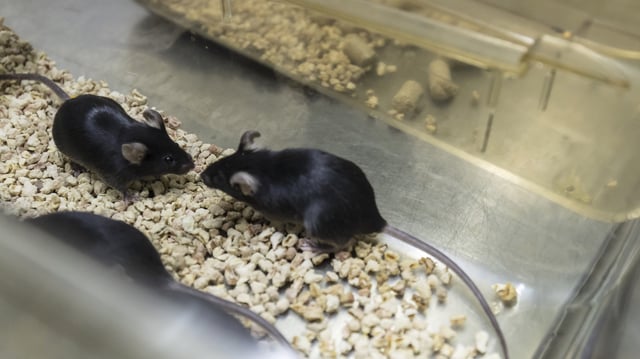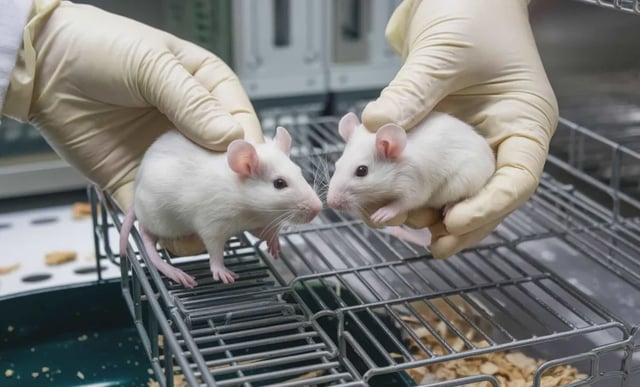Overview
- Researchers employed targeted epigenome editing on sperm DNA to enable embryos to develop without maternal genetic contribution.
- Out of 259 embryos implanted into surrogate mothers, only two mice survived to adulthood, reflecting a viability rate below 1 percent.
- The two bi-paternal mice matured normally and successfully reproduced with female partners, confirming full fertility of androgenetic offspring.
- Significant technical barriers remain, including low success rates and the need for numerous egg donations and surrogates, making human application impractical at present.
- The breakthrough raises ethical and societal questions about future uses, from same-sex reproduction support to endangered species conservation.



